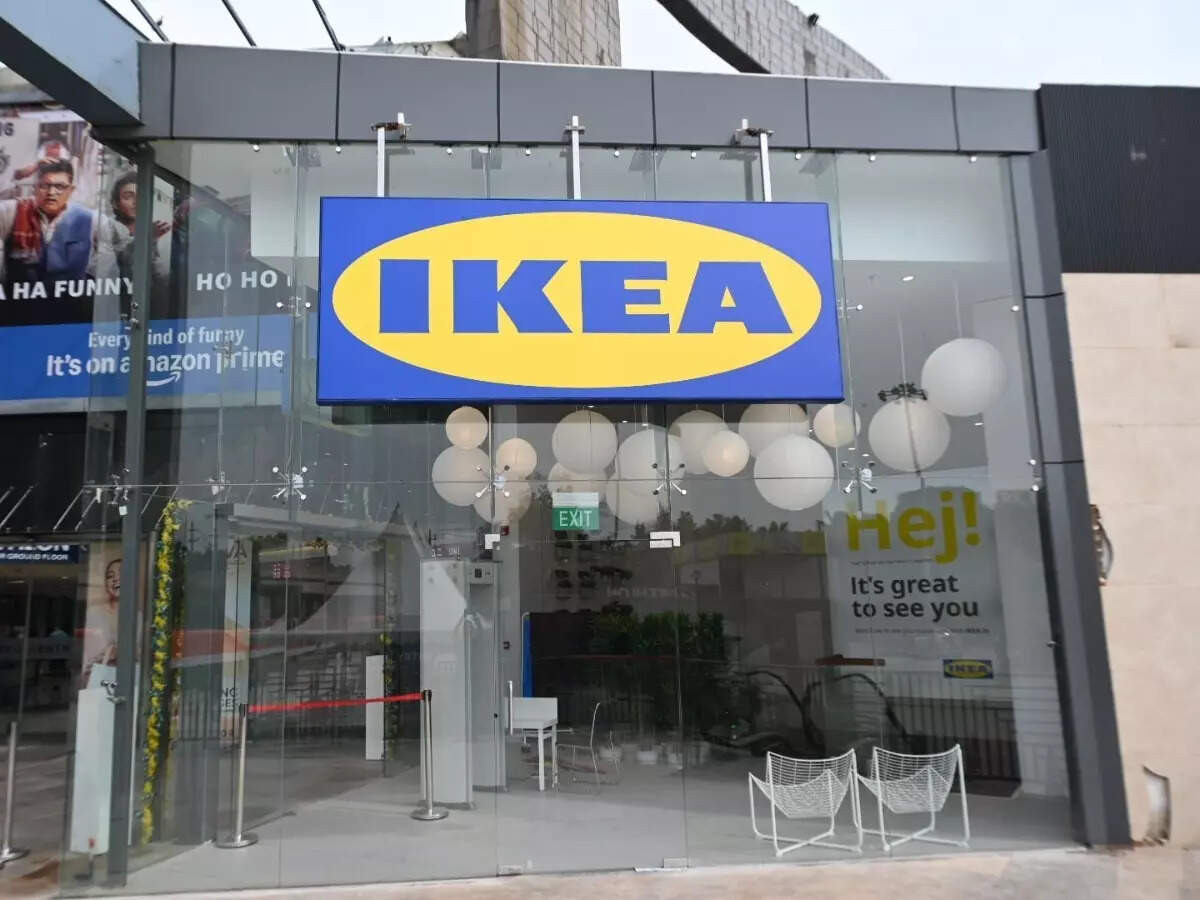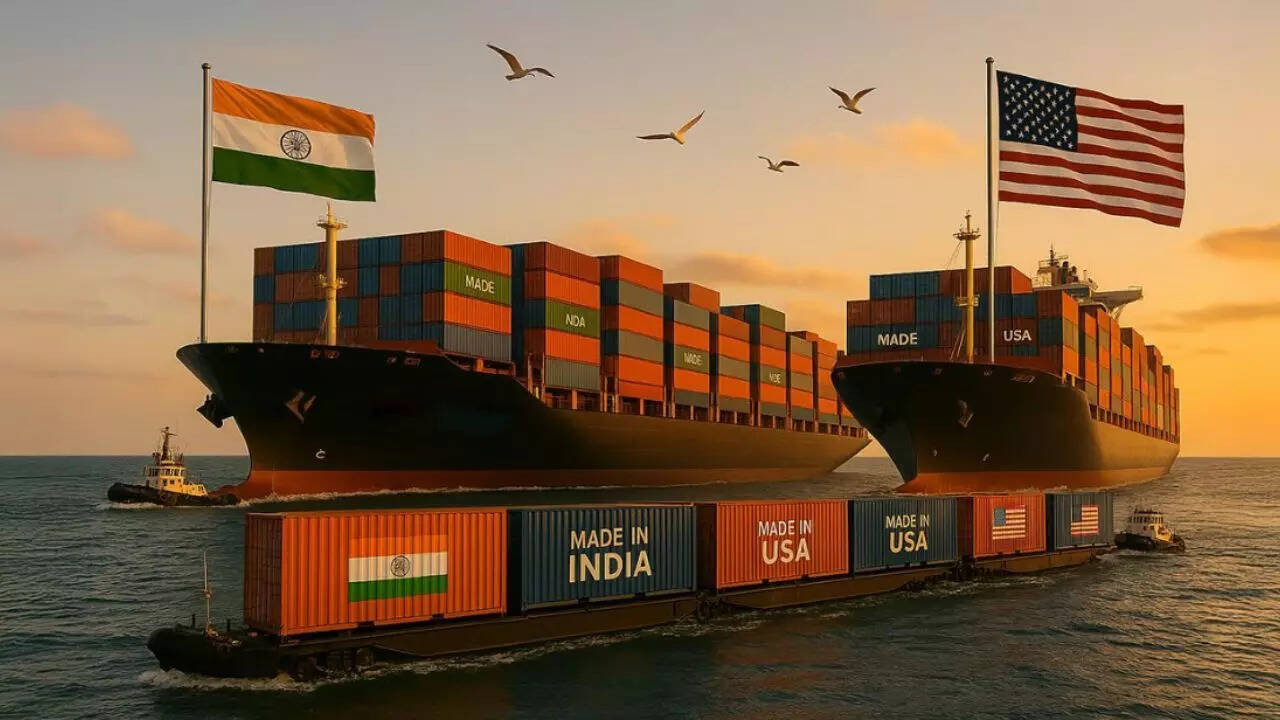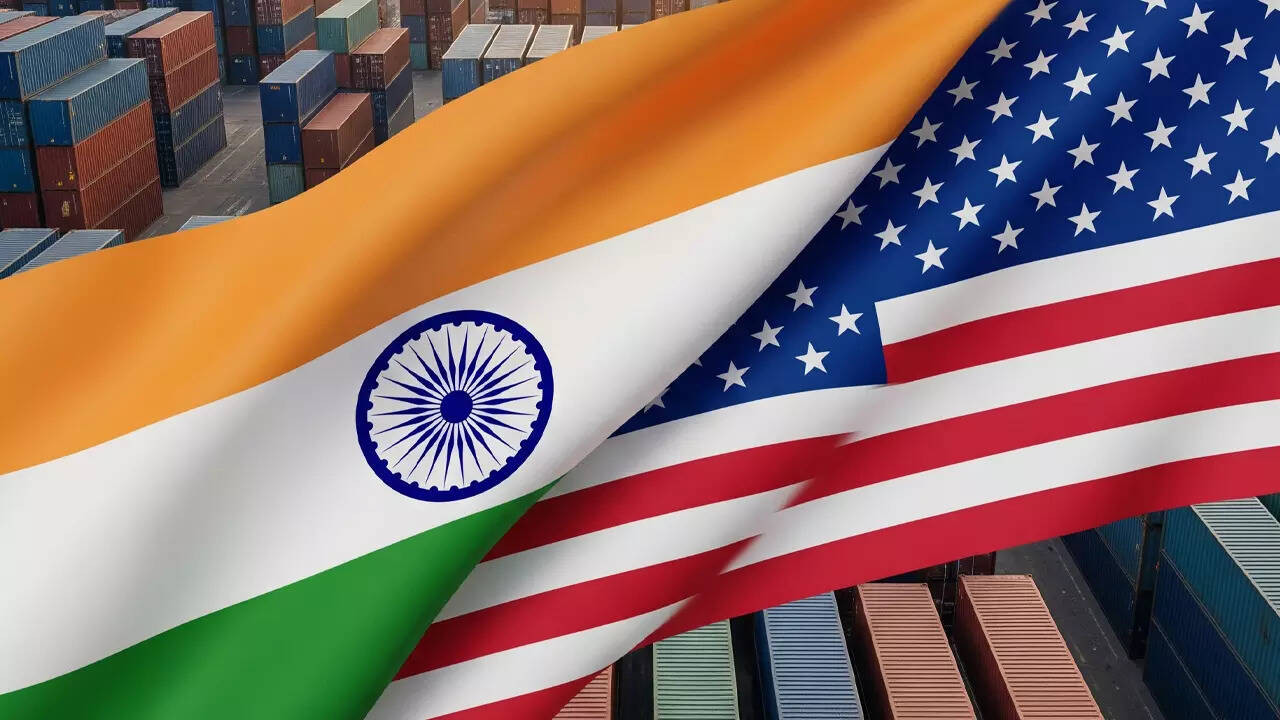Beyond Textiles: IKEA’s Deep Dive into Indian Sourcing
For years, the Swedish furniture giant IKEA has been a familiar name, synonymous with affordable and stylish home furnishings, often with a distinctly Scandinavian design flair. But behind the flatpack furniture and the meatballs, lies a complex global supply chain, one that IKEA is increasingly focusing on strengthening in India. While India has long been a key sourcing hub for IKEA, particularly in textiles, the company is now setting its sights on expanding its Indian manufacturing footprint significantly beyond fabrics and rugs. This pivot signals a major vote of confidence in India’s manufacturing capabilities and a strategic move towards diversification.
Why India? The Rising Star of Global Manufacturing
India’s appeal as a sourcing destination is multifaceted. The country boasts a massive and growing consumer market, a skilled workforce, and a government increasingly committed to supporting domestic manufacturing through initiatives like “Make in India.” These factors have converged to create an environment ripe for investment and expansion by global players like IKEA.
The shift also reflects a broader trend of companies diversifying their supply chains to mitigate risks associated with over-reliance on any single country. Geopolitical uncertainties and disruptions in global trade flows have underscored the importance of building resilient and geographically diverse sourcing networks. India, with its relatively stable political climate and robust infrastructure development, offers a compelling alternative.

More Than Just Textiles: What’s on IKEA’s India Shopping List?
IKEA’s broadened sourcing strategy encompasses a wide range of product categories. While textiles will undoubtedly remain a significant part of their Indian sourcing, expect to see more furniture components, metal goods, plastics, and even potentially electronics being sourced from Indian manufacturers. This diversification presents a significant opportunity for Indian businesses to integrate themselves into IKEA’s global value chain.
The impact extends beyond simply fulfilling IKEA’s immediate needs. As Indian manufacturers gear up to meet IKEA’s stringent quality and sustainability standards, they enhance their overall competitiveness and attract other international buyers. This “halo effect” can drive growth and innovation across the entire Indian manufacturing sector. If you’re interested in how other companies are leveraging the “Make in India” initiative, check out this related article on [domestic appliance manufacturing](internal-link-to-related-content).
The Road Ahead: Challenges and Opportunities for Indian Suppliers
While the potential benefits are clear, the path to becoming an IKEA supplier isn’t without its challenges. IKEA demands high standards in terms of quality, environmental sustainability, and social responsibility. Indian manufacturers need to demonstrate their commitment to these principles to be considered as viable partners.
This necessitates investments in technology, process improvements, and workforce training. However, the rewards for those who can meet these standards are substantial. Long-term contracts, access to global markets, and the opportunity to learn from IKEA’s best practices are all significant incentives.
Furthermore, the increasing focus on local sourcing creates opportunities for smaller and medium-sized enterprises (SMEs) in India. IKEA recognizes the importance of supporting local communities and is actively working to identify and nurture promising SMEs that can contribute to their supply chain. This can be a game-changer for these businesses, providing them with the resources and expertise they need to scale up and compete on a global stage.
A Win-Win for IKEA and India
IKEA’s increased sourcing in India represents a strategic win-win for both the company and the country. IKEA gains access to a cost-competitive and increasingly sophisticated manufacturing base, while India benefits from increased investment, job creation, and technological advancement. As IKEA deepens its roots in India, it is likely to further catalyze the growth and development of the country’s manufacturing sector, solidifying India’s position as a key player in the global economy. This is more than just furniture; it’s a building block for a stronger, more interconnected future.







